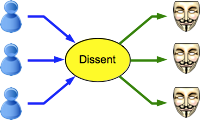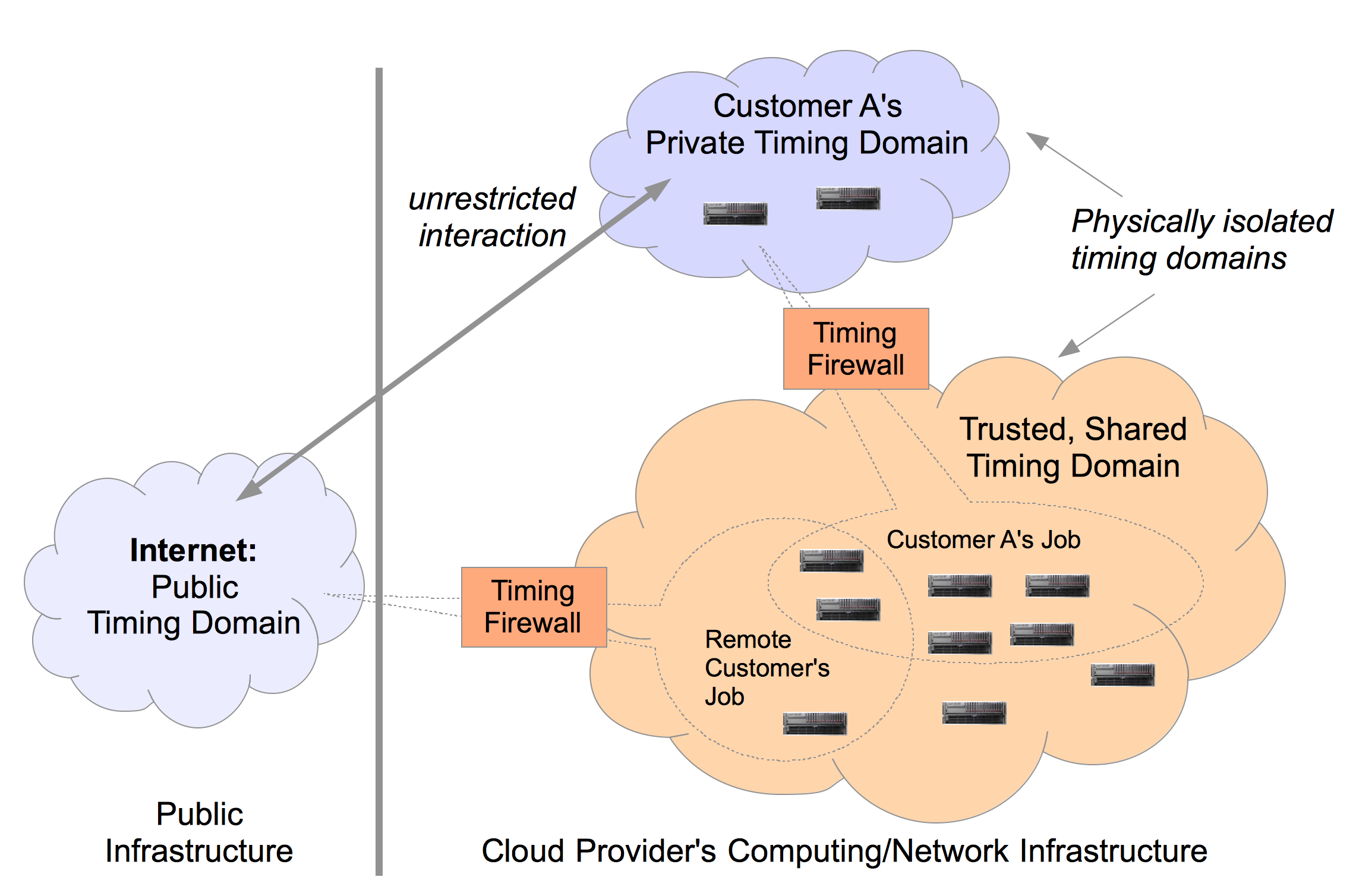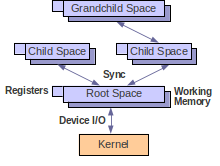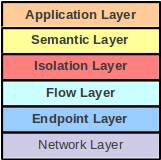dedis@yale
Decentralized and Distributed Systems Research at Yale
Prof. Ford and the DEDIS lab moved to
EPFL in 2015.
please see the
new DEDIS home page
for more recent work!
Dissent (Dining-cryptographers Shuffled Send Network) is a protocol for accountable anonymous messaging, voting, and other interactions among members of a decentralized group. Dissent provides strong, provable anonymity guarantees and is resistant to anonymous DoS attacks by malicious group members.
EverCloud is a project to explore hidden emergent risks from cloud computing, and to develop technological methods of mitigating those risks. Particular risks under exploration include information security risks due to timing side-channels, hidden common-mode failure risks due to complex multi-layer cloud hardware/software stacks, and digital preservation risks due to the fact that no one but the provider of a cloud service normally has all the information necessary to archive a “working” copy.
CertiKOS is a collaborative effort with Yale's FLINT group to build a clean, modular microkernel and virtual machine manager that is fully certified: proven correct via machine-checkable proofs. The CertiKOS kernel is designed around the principle of modular certification, in which small kernel modules and layers are certified independently, making the resulting certified system more incrementally evolvable and compositionally flexible.
Determinator is an experimental multiprocess OS that enforces deterministic execution of parallel programs, eliminates heisenbugs, and guarantees the exact replication of the execution sequence of parallel programs.
The Determinator project includes language and runtime support for deterministic parallelism, as well as a classroom implementation, PIOS (Parallel Instructional Operating System).
Tng is a new architecture for the Internet transport layer, which decomposes traditional transport layer functions such as endpoint naming, congestion control, and application-visible semantics to improve communication flexibility, performance, and security while remaining backward-compatible with the current Internet.




